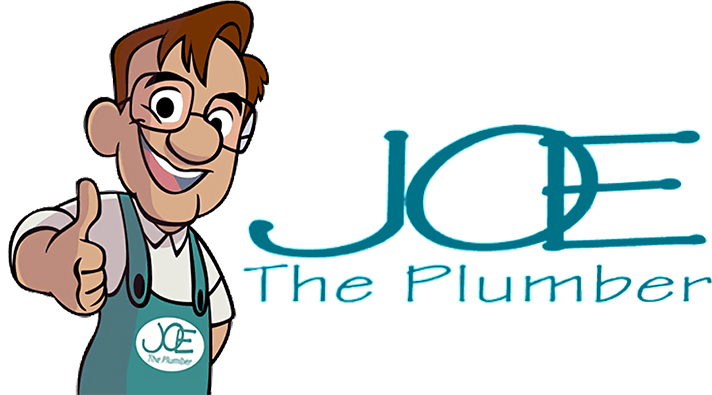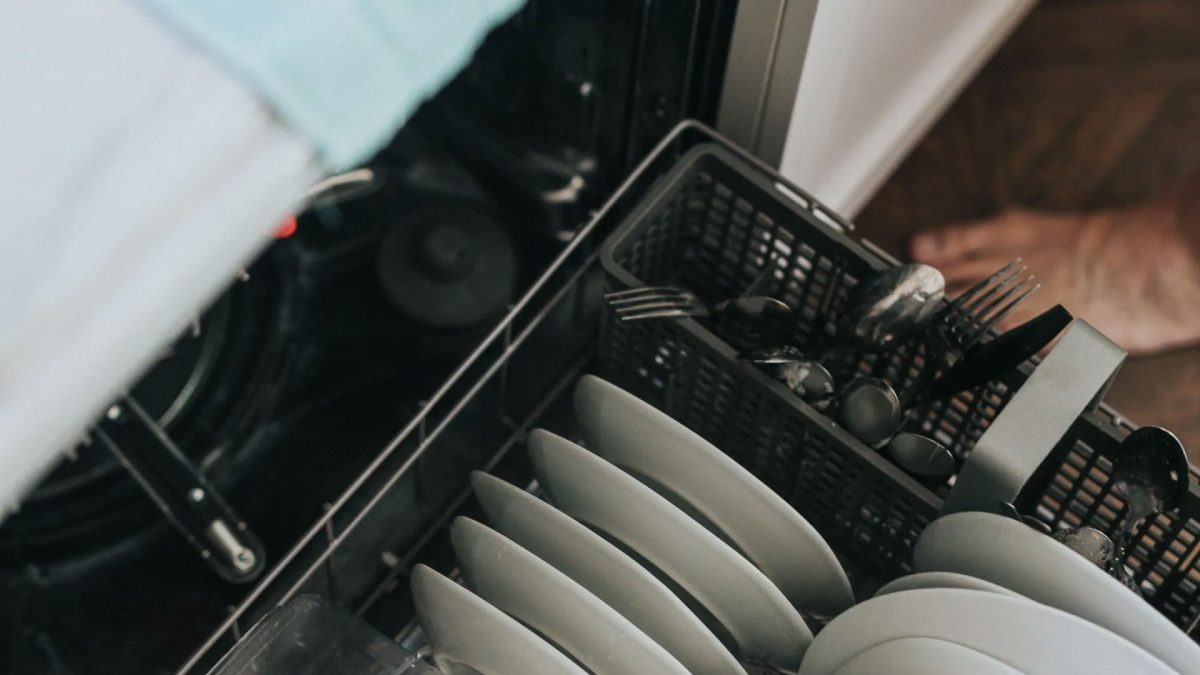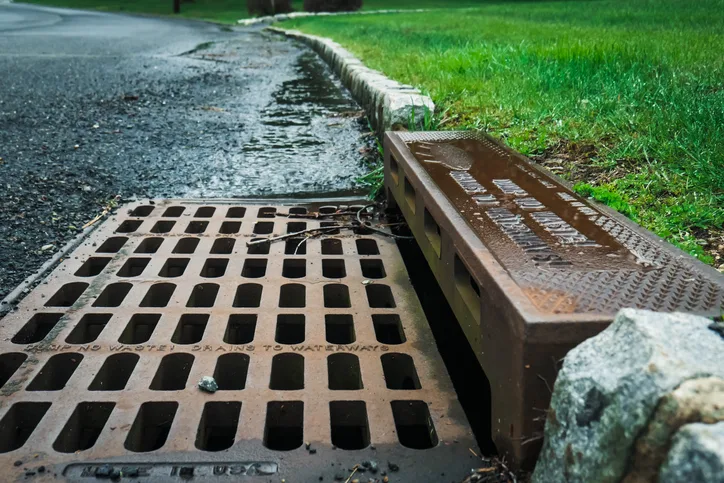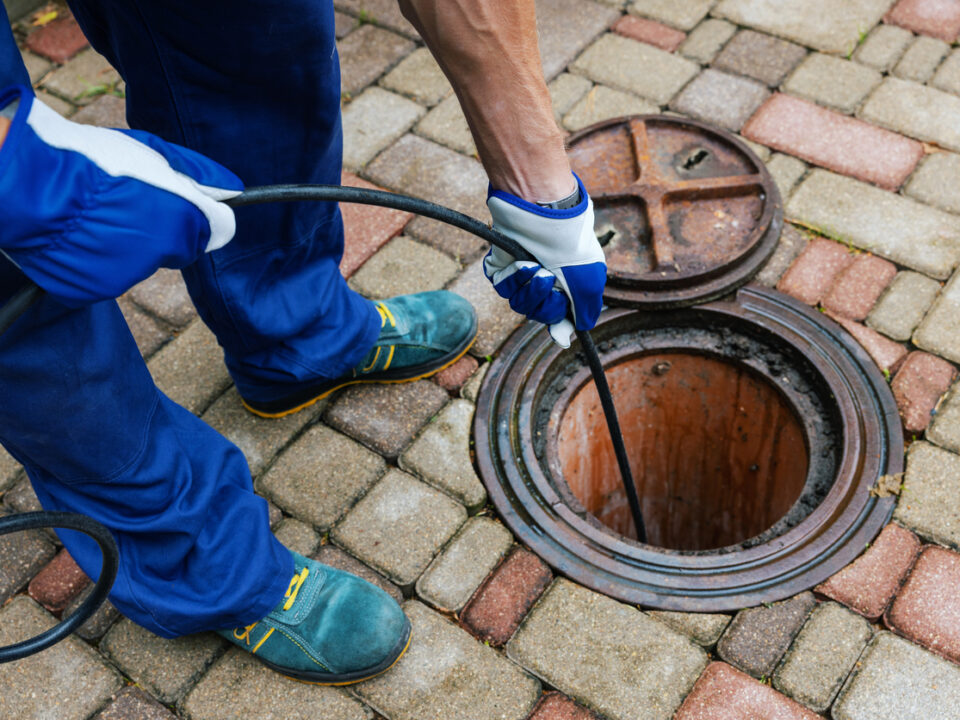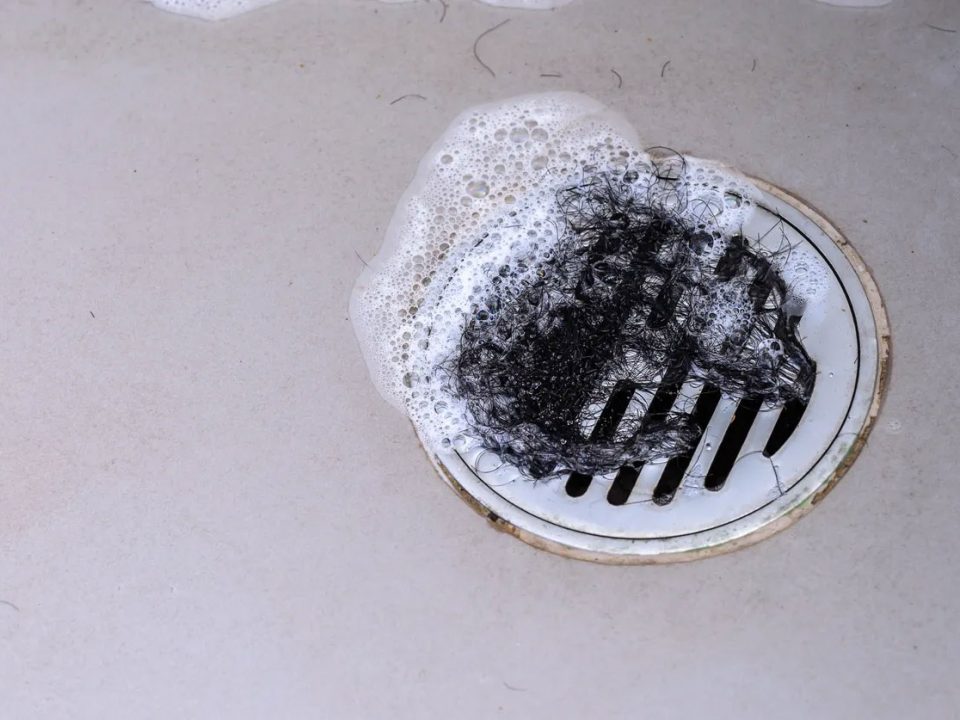10 Common Items that Could Damage or Clog Your Dishwasher
Dishwashers have become an essential appliance in many households, offering convenience and efficiency. However, not everything should be tossed into the dishwasher. Certain items can cause clogs, damage the machine, or reduce its effectiveness. If you’re not careful, you might end up with costly repairs or a malfunctioning dishwasher. At Joe the Plumber, we’ve seen firsthand how improper use of dishwashers can lead to plumbing problems. To help you avoid these issues, here’s a list of 10 items that should never go in your dishwasher.
1. Grease and Oil
One of the most common culprits behind clogged dishwashers is grease and oil. After cooking, it can be tempting to place greasy pans directly into the dishwasher without rinsing them first. However, oil and grease can solidify in the pipes as they cool, leading to significant blockages in the dishwasher’s drain.
Solution:
Before loading greasy items into your dishwasher, wipe them down with a paper towel or pre-rinse with hot water to remove excess grease.
2. Large Food Particles
While dishwashers are designed to handle some food residue, large food particles are another story. Items like vegetable peels, bones, and seeds can get lodged in the dishwasher’s filter or drain, causing blockages over time. The filters are meant to catch food debris, but larger particles may overwhelm the system.
Solution:
Scrape and rinse dishes to remove large food particles before placing them in the dishwasher. Regularly clean the dishwasher filter to prevent buildup.
3. Plastic Labels on Containers
Plastic labels found on jars and containers can become a sticky mess when exposed to the heat and moisture of a dishwasher. They often peel off during the wash cycle and can clog the filter or drain pump. These adhesive labels can also coat the dishwasher interior with residue.
Solution:
Remove plastic labels before putting any containers in the dishwasher, or hand wash items with sticky labels to prevent clogging issues.
4. Non-Dishwasher Safe Plastics
Not all plastics are created equal. Some can melt or warp in the high heat of a dishwasher cycle, which can lead to plastic pieces breaking off and getting stuck in the drain. Melted plastic can also damage the heating element or coat other dishes with harmful residue.
Solution:
Always check for a “dishwasher-safe” label before placing plastic items in the dishwasher. If in doubt, hand wash these items to avoid damage.
5. Bones, Shells, and Seeds
Tiny, hard items like bones from fish, eggshells, and seeds can easily get stuck in the dishwasher filter or even cause damage to the pump. These materials don’t break down during the wash cycle, and their presence can severely disrupt the normal function of your machine.
Solution:
Clear plates and utensils of all bones, shells, and seeds before loading them into the dishwasher. This simple step can save you from frequent plumbing repairs.
6. Utensils with Wooden Handles
While wooden utensils themselves won’t clog your dishwasher, the damage they sustain over time can create other problems. Wood tends to swell, crack, and warp when repeatedly exposed to heat and moisture. As a result, splinters from cracked wood handles can break off and cause blockages in the dishwasher’s components.
Solution:
Avoid placing wooden-handled utensils in the dishwasher. Instead, hand wash these items to prolong their life and protect your machine.
7. Glass Shards
It’s easy to miss when a glass breaks inside your dishwasher, but even the smallest shards can clog the drain or damage the pump. Shattered glass can get lodged in the spray arms, reducing water flow and causing improper cleaning. Worse, it could end up in the drain, leading to serious plumbing issues.
Solution:
If a glass breaks in the dishwasher, immediately stop the cycle. Carefully remove all broken pieces and check the filter for shards before restarting the machine.
8. Coffee Grounds
Coffee grounds, whether leftover in a coffee mug or dumped from a reusable coffee filter, can be a nightmare for your dishwasher. They are small, gritty, and easily slip past the filter. Over time, they can accumulate in the dishwasher drain, leading to clogs and even foul odors.
Solution:
Always rinse coffee mugs and filters thoroughly before loading them into the dishwasher. Dispose of coffee grounds in the trash or compost, not down the drain.
9. Dishwasher Pods Left in the Wrong Place
Believe it or not, the placement of dishwasher detergent pods can also cause problems. If the pod is left in the bottom of the dishwasher rather than in the designated detergent compartment, it may not dissolve properly. The undissolved pod can clog the drain or filter, and your dishes may not be fully cleaned.
Solution:
Always place dishwasher pods in the correct compartment to ensure they dissolve correctly and don’t lead to clogs or residue buildup.
10. Dishware with Nonstick Coatings
Nonstick cookware, while convenient, is not always dishwasher-friendly. The harsh detergents and high heat can cause nonstick coatings to break down, which can clog the filter or drain as they flake off. This can also affect the effectiveness of the dishwasher’s cleaning cycle.
Solution:
Hand wash nonstick cookware to preserve the integrity of the coating and prevent potential damage to your dishwasher.
How to Prevent Dishwasher Clogs and Damage:
Even if you’re cautious about what you load into your dishwasher, it’s important to practice regular maintenance to keep it functioning smoothly. Here are a few tips to help you maintain your dishwasher and prevent clogs:
- Regularly clean the filter: The dishwasher filter catches food debris, but over time, it can become clogged. Cleaning it every 1-3 months can improve performance.
- Run hot water before starting a cycle: Running hot water in the sink for a few seconds before starting your dishwasher will help ensure that the water entering the machine is hot, making it more effective at dissolving grease and food particles.
- Use a dishwasher cleaner: Every few months, run an empty dishwasher cycle with a dishwasher cleaner to remove buildup in the machine.
- Inspect the spray arms: Check the spray arms for any blockages or clogs caused by food particles or debris.
- Avoid overloading: When you overload your dishwasher, water and detergent may not circulate properly, leading to poor cleaning and increased residue buildup.
By following these preventive measures and keeping the aforementioned items out of your dishwasher, you can avoid costly repairs and ensure that your machine runs smoothly for years to come.
Preserve Your Dishwasher or Hire a Plumber
As much as we try to take care of our appliances, everything breaks down eventually. If your dishwasher is having a hard time draining, won’t clean your dishes, or makes loud sounds during a cycle, it may be time to repair or replace your dishwasher. When it comes to plumbing or appliances, it’s best to go to a professional that has years of experience, dedication, and expertise.
Since the 1980s, Joe The Plumber has served thousands of customers throughout the years thanks to certified and trained technicians, outstanding customer care, and a wide variety of tools and resources. We pride ourselves on our work and guarantee satisfaction with every job. To schedule your appointment with Joe the Plumber, contact us right now.




